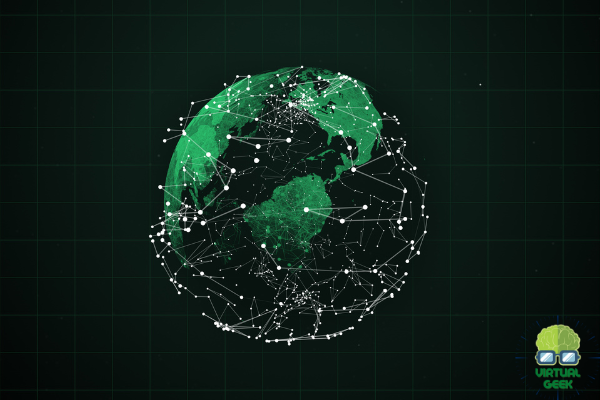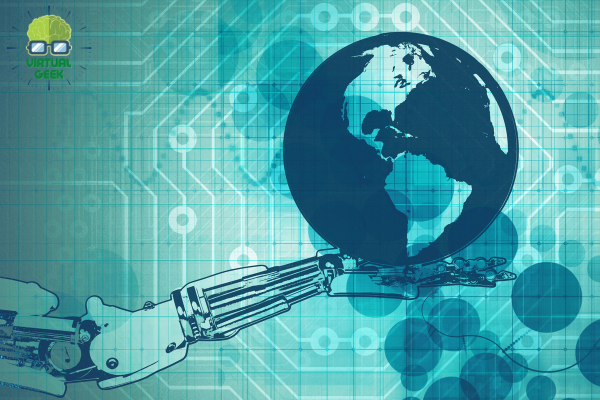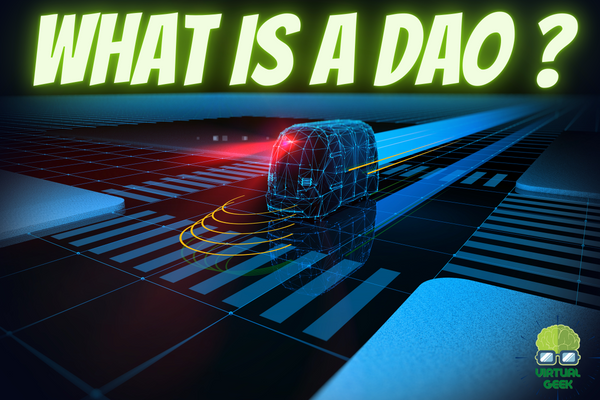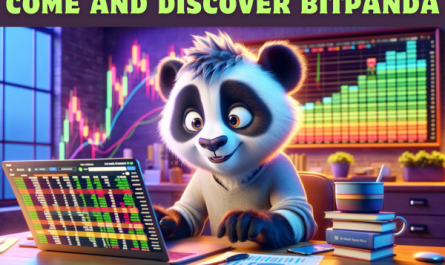Table of Contents
DAOs represent a new form of decentralized and autonomous organization, where decisions are made through community consensus and executed through smart contracts. This allows DAOs to be more efficient, transparent and resistant to corruption than traditional organizations.
The DAO is a decentralized non-profit organization whose goal is to provide community members with an open platform to collaborate and build together. Unlike traditional centralized organizations, DAOs are driven by a set of predefined rules that are executed in an automated fashion through the use of blockchain technology. This allows DAOs to be more efficient, transparent and resistant to manipulation than traditional organizations.
DAOs offer their community members a number of benefits, including:
-An open platform to collaborate: DAOs allow anyone who meets the requirements set by the organization to participate and contribute. This makes DAOs more inclusive and allows the best ideas to flourish.
-Greater efficiency: DAOs are able to make decisions and execute actions faster and more efficiently than traditional organizations. This is because decisions are made in an automated fashion and do not require the approval of a specific person or group.
-Increased transparency: DAOs are more transparent than traditional organizations, as all actions and decisions are immutably recorded on the blockchain. This allows anyone to see how DAO funds are being used and what decisions are being made.
-Increased resistance to manipulation: because DAOs are driven by a predefined set of rules, they are resistant to manipulation by individuals or groups. This makes DAOs more democratic and fair.

GENERAL ASPECTS OF THE DAO
A DAO is an autonomous decentralized organization, run by computer code without the need for a leader or central authority. DAOs are designed to make decisions collectively through a voting mechanism in which each member of the organization has an equal vote. DAOs are powered by blockchain tokens that are used as votes to make decisions about the operation of the organization.
DAOs are autonomous decentralized organizations, which are governed by a set of predetermined rules written in computer code. DAOs run on the blockchain of a cryptocurrency and are powered by tokens of this cryptocurrency to finance their activity. The tokens of a DAO represent the right of token holders to vote on how the DAO is run and to receive a share of the profits generated by the DAO.
HOW A DAO WORKS
A DAO is an autonomous decentralized organization, which is responsible for the management and administration of a project or investment funds, through the use of blockchain technology.
DAOs are composed of a set of smart contracts running on the blockchain, which allow DAO participants to interact with each other, make decisions and make payments, in a fully transparent and secure manner.
The main characteristic of DAOs is that they are fully decentralized, i.e. they are not controlled by any individual or central entity, but are managed by the community of DAO participants, in a fully transparent and democratic manner.
Another important characteristic of DAOs is that they are completely autonomous, i.e., they are not subject to the decisions or regulations of any government or central entity.
DAOs have been created with the objective of improving the efficiency and transparency of organizations, and reducing the costs associated with the management and administration of a project or investment funds.
DAOs have been created primarily to solve problems associated with the management and administration of decentralized projects or investment funds, such as lack of transparency, inefficiency, high costs, etc.

WHAT ARE THE BENEFITS OF A DAO
The Decentralized Autonomous Organization (DAO) is a decentralized, autonomous virtual entity found within the Ethereum blockchain. The DAO is characterized by the fact that it is not controlled by any individual, but is governed by a set of smart contracts that are executed on the blockchain.
DAOs are created so that the Ethereum community can efficiently collaborate and cooperate on common projects, without the need for a centralized organizational structure. In theory, DAOs are fully transparent and democratic organizations, where anyone with an Ethereum account can participate and vote on decisions made.
DAOs have been created with the goal of improving efficiency and cooperation in the Ethereum community. So far, a large number of interesting projects and initiatives have emerged that have used DAOs to fund themselves and carry out their work.
Overall, DAOs have proven to be a very effective tool for collaboration and project funding in the Ethereum community. Although there are still some problems and challenges to be solved, the potential of DAOs is very high and they are expected to become an integral part of the Ethereum blockchain in the future.


